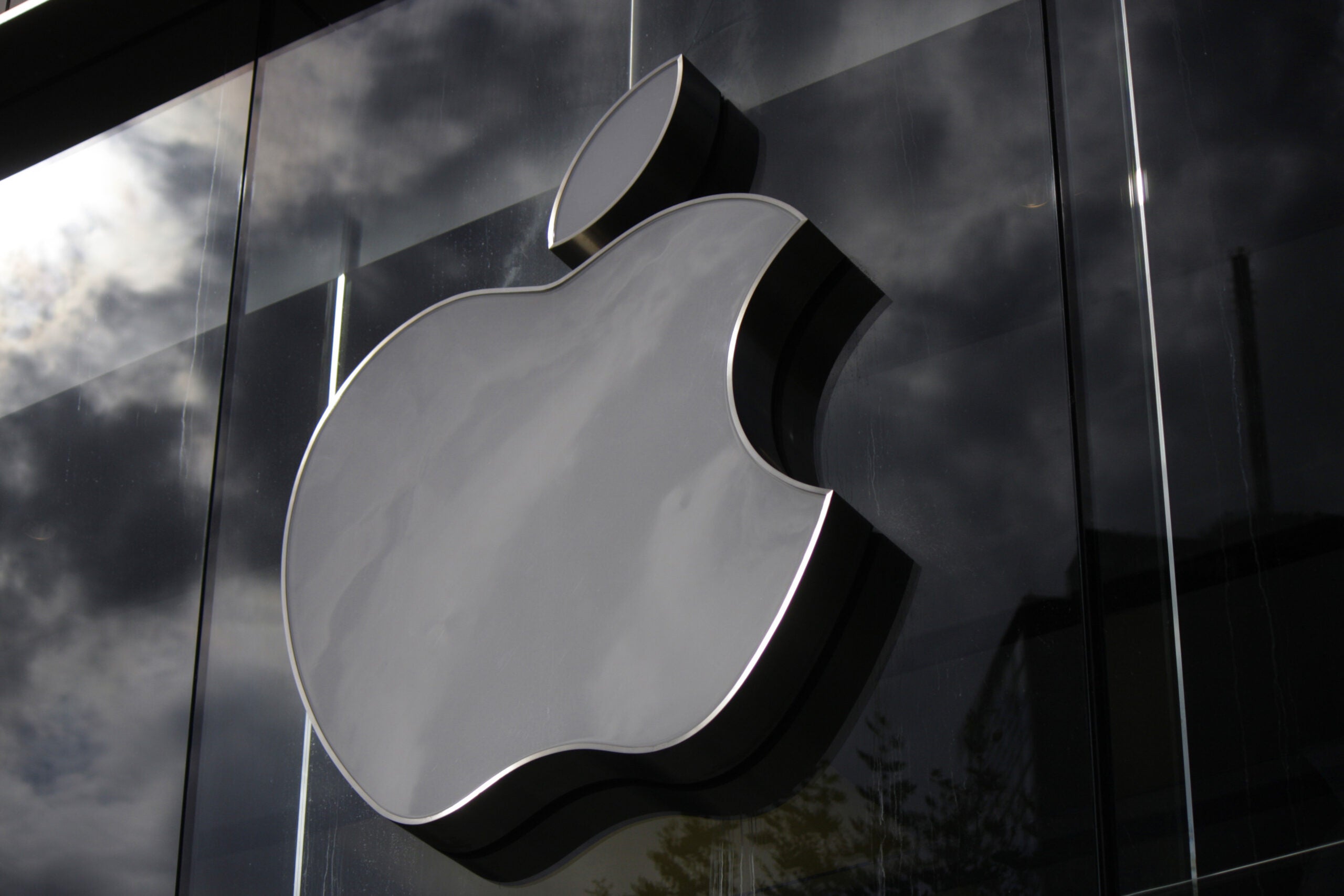
Chinese tech giants including Tencent and ByteDance are actively challenging Apple‘s new privacy policy by testing a tool that allows users to be tracked across the internet without their consent.
Apple is increasingly trying to position itself as a protector of users’ privacy. Last summer it announced a new policy designed to give iPhone owners more control over which apps can track their journeys across the internet. The new rules are expected to be rolled out in the next few weeks.
The idea is that the new policy would put an end to apps tracking consumers’ data en masse by forcing companies to actively ask for permission to do so. Analysts believe only a fraction of users would allow tracking to continue when presented with an option. As a result, business fear that their revenues from ads would be slashed considerably. Facebook is one of the companies that have vocally protested the policy as a result.
However, Chinese behemoths have seemingly opted for a more hands-on approach by testing a tool designed to circumvent the new rules, according to the Financial Times.
The publication revealed that the Beijing-backed China Advertising Association (CAA) plans to launch a new tool for its 2,000 members, enabling them to skirt Apple’s new privacy settings.
The new tool is called CAID and is reportedly being tested by advertisers and tech companies in China, with TikTok-owner ByteDance having referred to it “as a substitute if the user’s [Identifier for Advertisers] is unavailable”.
How well do you really know your competitors?
Access the most comprehensive Company Profiles on the market, powered by GlobalData. Save hours of research. Gain competitive edge.

Thank you!
Your download email will arrive shortly
Not ready to buy yet? Download a free sample
We are confident about the unique quality of our Company Profiles. However, we want you to make the most beneficial decision for your business, so we offer a free sample that you can download by submitting the below form
By GlobalDataThe CAA has denied that CAID is breaking Apple’s privacy policy, adding that it is currently in talks with the Cupertino, California-based company.
While Apple has declined to offer any direct comment on the Chinese tech giants’ challenge, it has stated that the “App Store terms and guidelines apply equally to all developers around the world, including Apple.”
“We believe strongly that users should be asked for their permission before being tracked,” the company said. “Apps that are found to disregard the user’s choice will be rejected.”
A source speaking with the FT said that Apple would be able to detect which apps use CAID and eject them from the App Store in China.
The question is whether Apple wants to do that or not. Analysts believe that banning every app using CAID could see Apple risk being kicked out of the Chinese market. Given the republic represents one of its three biggest markets and that its revenue increase in 2020 was massively due to a 57% sales increase in China, analysts doubt that Apple would really risk it.
Rich Bishop, chief executive of software publisher AppInChina, argued that Apple might “make an exception for China” because tech companies and the government are “so closely aligned”.
To make the situation even more complex, CAID may not only be confined to China, with at least one French gaming group having been approached to try out the solution.
Privacy is the new black
This is not the first time that Apple has tried to be seen as the protector of data privacy. At a privacy conference in Brussels in 2018, CEO Tim Cook said: “We at Apple believe that privacy is a fundamental human right. But we also recognise that not everyone sees things as we do.”
He then went on to passionately argue against big tech firms collecting and selling users’ information, calling on lawmakers to introduce new legislation to protect the users.
“This is surveillance,” Cook said. “And these stockpiles of personal data serve only to enrich the companies that collect them.”
The speech has since been referred to as hypocritical, given Apple itself had made deals with other companies, such as Google, to provide access to user data.
Apple is not the only Silicon Valley company to have promoted itself as a bastion of user privacy protection. Google recently made a big deal of it not creating alternative ways to track users once it phases out third-party cookies next year.
The Mountain View-headquartered company said it would help establish “a more privacy-first web” when it first announced the new strategy in 2020. Earlier in March it added that it would use “privacy-preserving APIs” in its web products to “prevent individual tracking while still delivering results for advertisers and publishers”.
But the news did not sit well with privacy advocates or the advertisement industry. The privacy advocates noted that getting rid of third-party cookies wasn’t enough, especially given the Alphabet-owned search engine would still track users’ activities itself. The advertisement organisations argued that it would give Google an unfair advantage against its competitors, saying it could use its dominant position.
Read more: Brave announces privacy-led search amid Google cookie backlash






